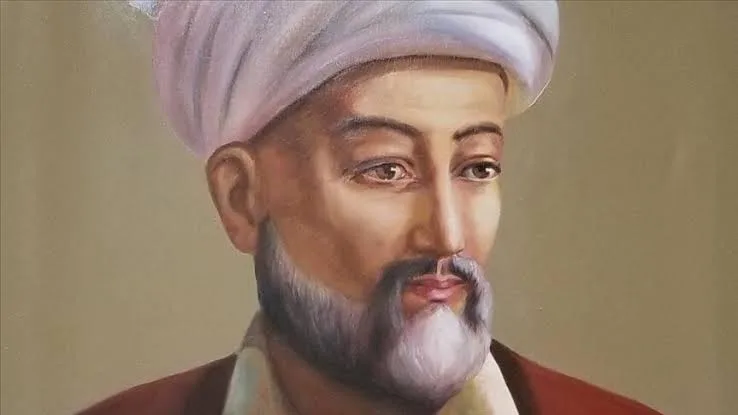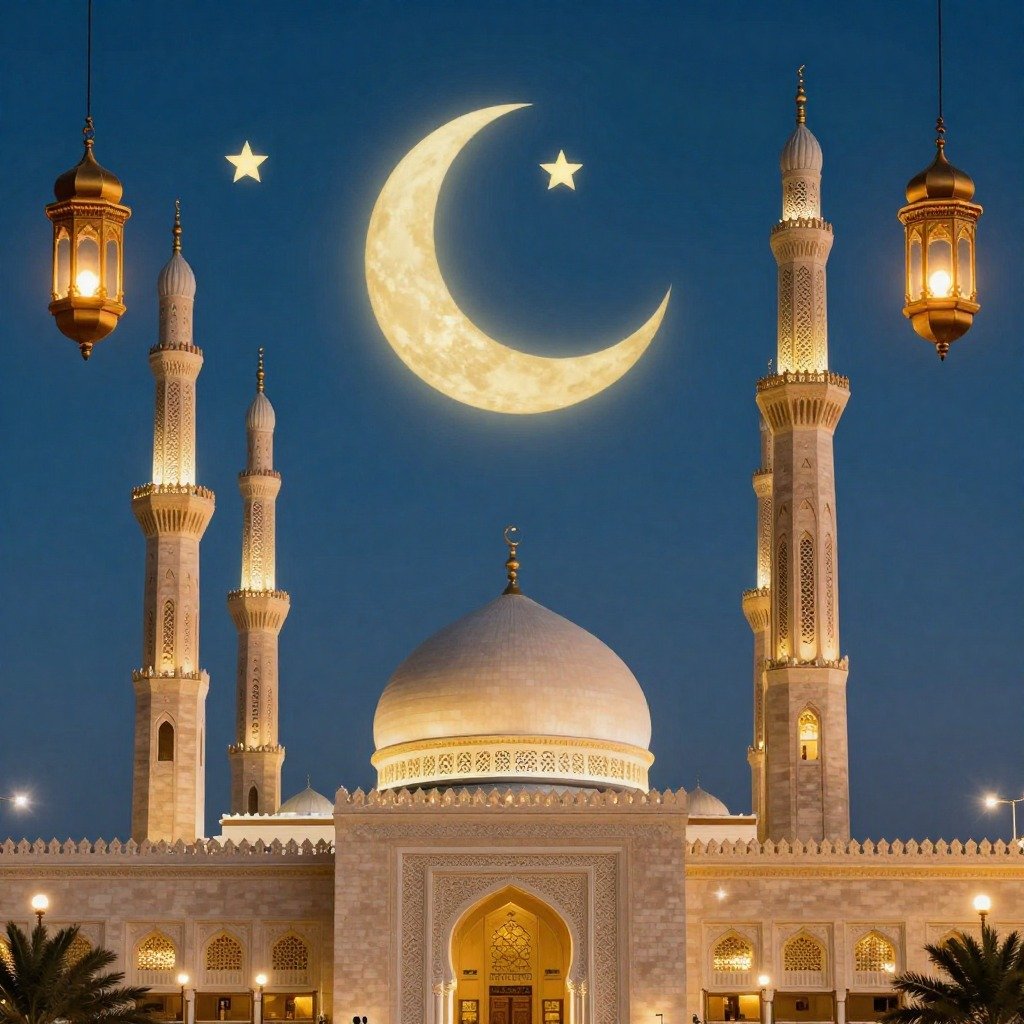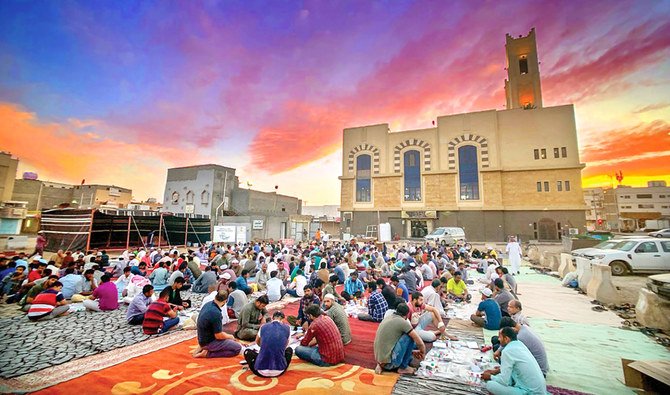The profound philosophical heritage of the Oriental world, encapsulated in the wisdom of civilizations spanning Egypt, Syria, Iraq, Central Asia, India (Now India and Pakistan) and Iran, has long served as a beacon of enlightenment and contemplation. Rooted in ancient philosophical thought, this rich tapestry of ideas has woven together religion, philosophy, and mysticism into a seamless fabric of intellectual exploration.
At the heart of Oriental philosophy lies a symbiotic relationship between religion and philosophy, where philosophical inquiry is deeply entrenched within the core tenets of religious belief systems. Unlike Western philosophical traditions, which often delineate distinct boundaries between faith and reason, the Oriental worldview integrates philosophy as an integral component of religious discourse. This fusion imparts a unique character to Oriental philosophy, where the pursuit of metaphysical truths is intertwined with spiritual contemplation and divine revelation.
Central to understanding Oriental philosophy is the recognition of its intricate symbolism, nuanced interpretations, and profound allegorical meanings. While superficially resembling traditional mythology, Oriental outlooks are replete with layers of symbolism and hints at deeper truths, necessitating a philosophical and logical approach to interpretation.
As Islam spread across highly civilized regions, it encountered a tapestry of mystical and philosophical beliefs deeply entrenched within the cultural fabric of societies. The mystic-philosophical ideas of regions such as Syria, India, Iran, and Central Asia posed a formidable challenge to the ideological hegemony of Islam, embodying a rich tapestry of influences from Zoroastrianism, Buddhism, and Monism.
The emergence of peripatetic philosophers such as Al-Kindi, Abu Nasr Farabi, and Ibn Sina catalyzed a renaissance of metaphysical inquiry in regions like Khorasan and Nishapur, where an intellectual ferment flourished. The subsequent rise of Sufism, with its cardinal doctrines of Divine Love, Knowledge of God, and Unity with God, ushered in an era of spiritual transcendence that transcended ideological boundaries and fostered a universal ethos of unity and tolerance.
At the forefront of this philosophical discourse stands the towering figure of Ali Sher Navai, whose literary and philosophical legacy continues to resonate through the corridors of time. Navai’s profound insights into society, morality, and enlightenment echo the sentiments of ancient philosophers, while his promotion of love, tolerance, and virtue embodies the quintessence of Sufi ideals.
Navai’s exploration of the concept of Al-Insan al-Kamil, or the Perfect Man, epitomizes the synthesis of Sufi principles with philosophical inquiry, wherein the pursuit of Divine Love and the purification of the soul converge to illuminate the path towards spiritual enlightenment.
Through his literary opus, Navai embarked on a noble mission to instill the ideals of purity, justice, and compassion into the fabric of society, transcending the confines of traditional Sufism to embrace a holistic approach to human development.
In essence, the philosophy of Navai and the ethos of Sufism converge in their shared commitment to fostering a world guided by love, compassion, and spiritual enlightenment. As we delve deeper into the labyrinth of Oriental philosophy, we unravel the timeless truths that continue to resonate across cultures and civilizations, transcending the boundaries of time and space.

Mr. Muhammad Ali Pasha is an analyst and expert on Central Asia, South East Asia, China, Türkiye and Middle East having experience in the field of article writing in various renowned journals and newspapers across the globe. Furthermore, he is a writer and poet.
Owner and Patron-In-Chief of “The Gulf Observer”, Chairman “The Gulf Observer Research Forum”, Foreign Affairs Expert, Analyst, Writer and Poet.













